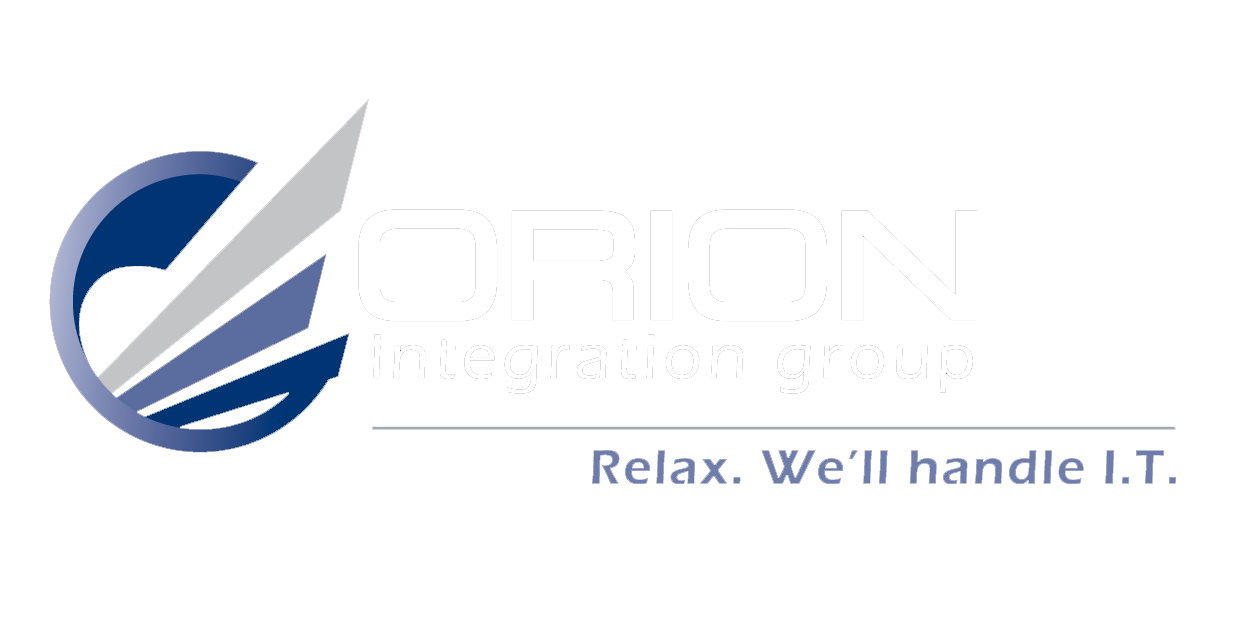The Rise of Remote Work and Its Impact on Business
The shift towards remote work has become one of the most significant changes in the business world over the past few years. This transformation was rapidly accelerated by the global pandemic, forcing companies to adapt quickly to new ways of operating. Remote work has fundamentally altered how businesses function, offering both opportunities and challenges.
Recent statistics highlight a growing preference for remote work among employees and employers. According to a report by Gallup, about 45% of full-time employees in the United States worked remotely at least part of the time in 2021. This trend is echoed in Southwest Idaho, where many companies, including those served by Orion Integration Group, have embraced remote work to attract talent and reduce overhead costs.
However, the transition to remote work is not without challenges. Businesses face difficulties in maintaining productivity and ensuring the security of their operations. Companies must implement robust IT infrastructure and security measures to support a dispersed workforce. In Southwest Idaho, where the tech industry is burgeoning, these challenges are being met with innovative solutions that align with the region's growth in remote work adoption.
Understanding Cloud Solutions for Remote Work
Cloud computing has emerged as a crucial enabler of remote work, providing the infrastructure needed to support a decentralized workforce. Cloud solutions offer various services, including Infrastructure as a Service (IaaS), Platform as a Service (PaaS), and Software as a Service (SaaS), each serving different purposes in remote work settings.
IaaS provides virtualized computing resources over the internet, allowing businesses to scale their operations without investing in physical hardware. PaaS offers a platform allowing developers to build applications without worrying about underlying infrastructure. SaaS delivers software applications over the internet, making them accessible from anywhere.
The benefits of cloud solutions for remote work environments are significant. They offer scalability, allowing businesses to adjust resources based on demand. Flexibility is another advantage, enabling employees to work from any location. Cost-effectiveness is also a key benefit, as businesses can reduce expenses related to physical infrastructure.
Industries in Idaho, such as agriculture and manufacturing, have successfully adopted cloud solutions to facilitate remote work. These sectors leverage cloud technologies to streamline operations and improve efficiency.
Virtual Desktops: A Gateway to Remote Work
Virtual desktops are an essential component of modern remote work solutions. They allow users to access their desktop environments from any device, providing a consistent and secure work experience. In a cloud environment, virtual desktops centralize management and enhance security, making them an attractive option for businesses.
The advantages of using virtual desktops include simplified IT management, as updates and maintenance can be conducted centrally. Security is also improved, as data is stored in a secure data center rather than on individual devices. Businesses can choose the right virtual desktop infrastructure (VDI) solution based on their specific needs, ensuring that they can support their remote workforce effectively.
For more information on virtual desktop solutions, you can refer to
VMware's virtual desktop solutions.
Collaboration Tools: Enhancing Teamwork in a Remote Setting
Effective communication and collaboration are crucial in a remote work environment. Cloud-based collaboration tools like Microsoft Teams, Slack, and Zoom have become indispensable for businesses looking to maintain productivity while working remotely.
These tools offer features such as video conferencing, file sharing, and project management, enabling teams to collaborate efficiently regardless of location. Integrating these tools into existing workflows can enhance productivity by streamlining communication and task management.
However, businesses must be mindful of potential challenges, such as tool fatigue, where employees feel overwhelmed by the number of communication platforms they must use. Strategies to mitigate this include consolidating tools and providing training to maximize their effectiveness.
Secure Access Protocols: Protecting Data in the Cloud
As businesses embrace cloud solutions for remote work, ensuring data security becomes paramount. Secure access protocols are essential to protect sensitive information and maintain business integrity.
Key security measures include Virtual Private Networks (VPNs), multi-factor authentication, and encryption. VPNs provide secure connections for remote workers accessing company networks. Multi-factor authentication adds an extra layer of security by requiring additional verification steps. Encryption protects data in transit and at rest.
Implementing best practices for cloud security is vital for businesses. These include regularly updating security protocols, educating employees on cybersecurity, and conducting regular security audits. For comprehensive guidelines on cloud security, you can refer to
NIST's guidelines on cloud security.
Implementing Cloud Solutions: Actionable Steps for Businesses
Deploying cloud solutions effectively requires careful planning and execution. Businesses should follow a step-by-step approach to ensure successful implementation.
First, assess the cost, scalability, and compatibility of cloud solutions with existing systems. Understanding these factors will help in selecting the right solutions that align with business goals. Choosing a reliable IT service provider is also crucial for successful implementation and ongoing support.
Employee training and support are essential for the successful adoption of cloud technologies. Providing resources and training sessions can help employees adapt to new tools and processes, ensuring a smooth transition to remote work.
In conclusion, the rise of remote work presents both opportunities and challenges for businesses. By
understanding and implementing cloud solutions, companies can optimize their operations and support a flexible, productive workforce. As the trend continues to grow, particularly in regions like Southwest Idaho, businesses must stay informed and adaptable to thrive in this evolving landscape.











